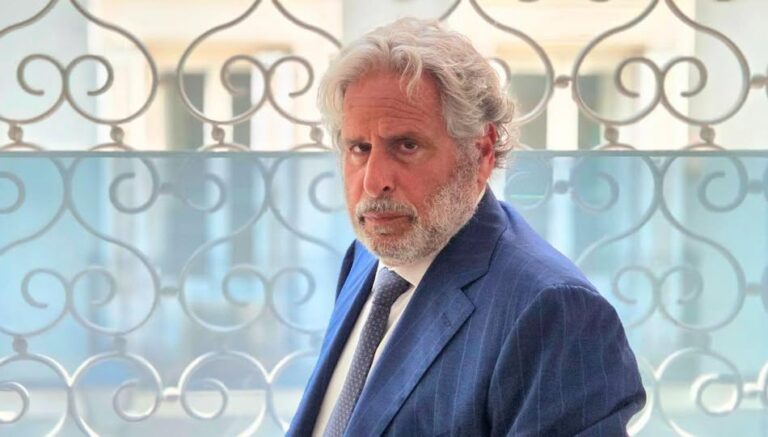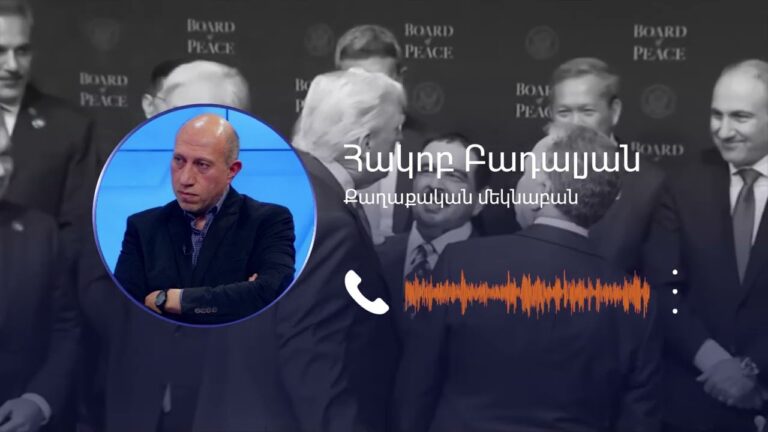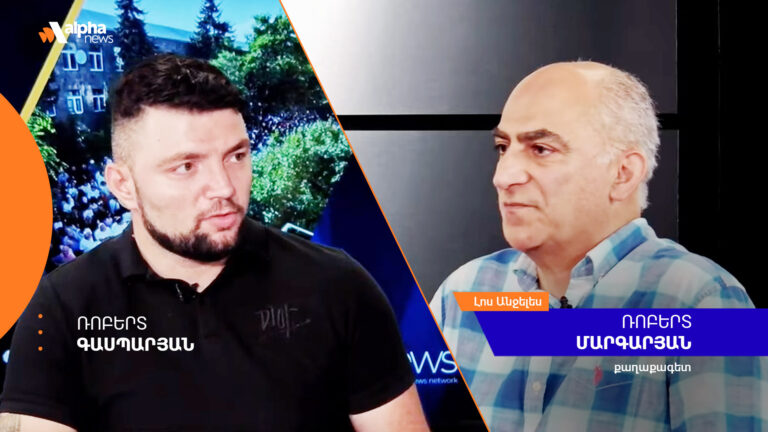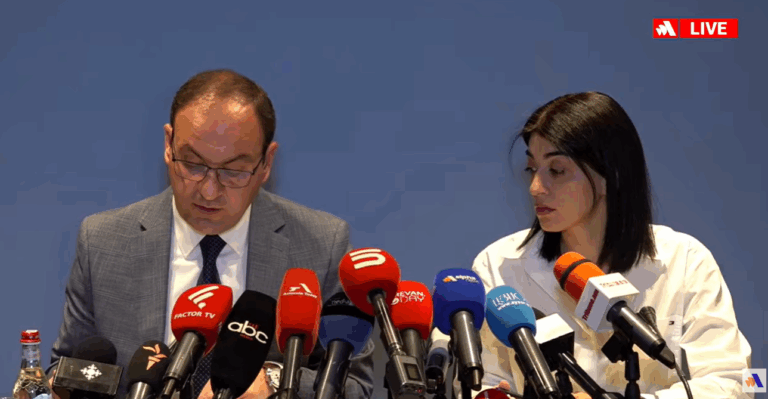Pashinyan is gradually weakening relations with CSTO, says expert
Speaking with Alpha News, Vladimir Shapovalov, Associate Professor of the Department of Comparative Politics at the Moscow State Institute of International Relations (MGIMO), commented on the statement by Armenian Prime Minister Nikol Pashinyan that Armenia needs to diversify its security relations.
According to the political scientist, this is a demarche on the part of the Armenian prime minister, who makes such statements even though he has not officially left the CSTO yet.
“First of all, we should emphasize that Pashinyan continues his policy, which he has been pursuing for many months. The essence of this policy is as follows: first, he justifies himself and his supporters for the defeat in the Karabakh war. Pashinyan is unreasonably trying to blame Russia and the Collective Security Treaty Organization. Russia is fulfilling all its obligations. Moreover, it was the Russian peacekeepers who ensured the end of the conflict in Karabakh. Everything regarding the military and political defeat is on Pashinyan’s conscience, not on Russia’s. Second, he gradually weakens relations with Russia and CSTO allies. And third, he pursues the Western-centric policy of European integration and gradual rapprochement with Western countries. We observe all these three points simultaneously in Pashinyan’s performance. We see a demarche on the part of the Armenian Prime Minister, who has not officially left the CSTO yet but nevertheless makes such statements.
The conclusion that Pashinyan made absolutely does not correspond to the realities that exist in the Caucasus and, in general, at the macro-regional level. We see that it is the CSTO that is a reliable guarantor of stability,” Shapovalov said.
According to the expert, Western countries have not proved themselves in any way as guarantors of security.
“If we take the South Caucasus, then Western countries, first of all the United States, France, and European structures, have not proved themselves in any way as guarantors of security. On the contrary, their actions are aimed at destruction, provocation, and strengthening their influence, but not at protecting Armenia’s interests. For more than 30 years of the Karabakh conflict, the United States and its allies have not had a single positive initiative aimed at resolving the conflict. So, in this case, especially in the context of a clear crisis of Western institutions, including the security crisis, Pashinyan’s statement is understandable, but it absolutely does not meet the interests of the Armenian people,” the political scientist concluded.







